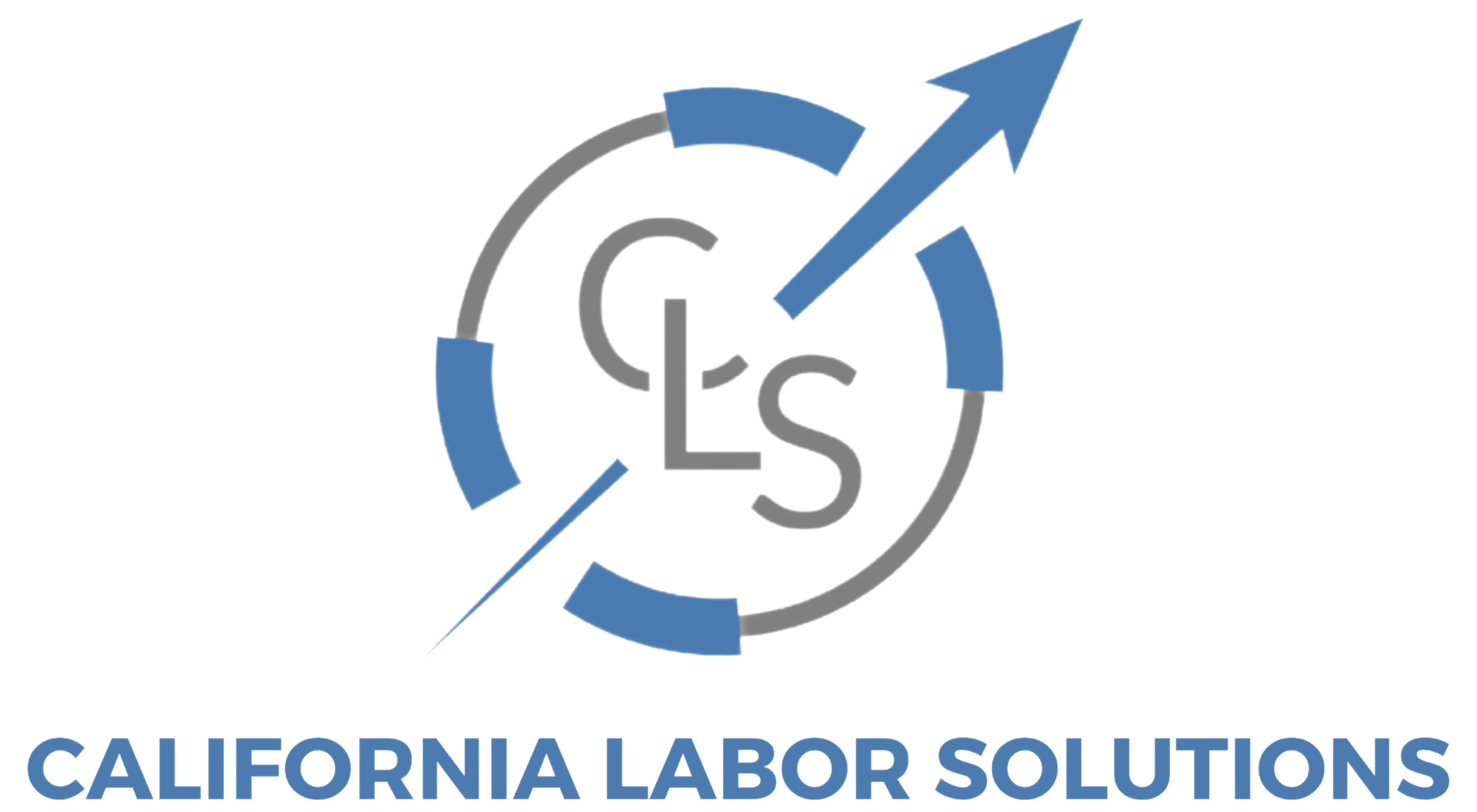Workplace Investigations California: Ensuring Fair and Legal Resolutions
Handling employee complaints and misconduct allegations requires a structured, legally compliant approach. In workplace investigations California, employers must follow state-specific labor laws to ensure fairness, protect employee rights, and minimize legal risks. Without a proper investigation process, businesses can face costly lawsuits, damaged reputations, and workplace unrest.
This article explores how investigations should be conducted, legal requirements businesses must follow, and why hiring a professional investigator can protect both employers and employees.
Why Workplace Investigations Matter in California
Workplace investigations are essential for:
- Ensuring compliance with California labor laws and regulations
- Protecting employees from discrimination, harassment, and retaliation
- Maintaining a fair and professional workplace
- Reducing legal risks for employers facing employee disputes
Employers who fail to conduct proper workplace investigations California can face lawsuits and state-imposed penalties.
Key Legal Requirements for Workplace Investigations in California
California labor laws set strict standards for how workplace investigations must be handled. Employers must comply with:
1. The Fair Employment and Housing Act (FEHA)
FEHA requires employers to investigate complaints related to:
- Discrimination based on race, gender, age, disability, or other protected categories
- Sexual harassment or workplace harassment claims
- Retaliation against employees who report workplace misconduct
Employers must act promptly, fairly, and in good faith when investigating these claims.
2. California Labor Code Section 1102.5
This law protects whistleblowers who report violations, ensuring they cannot face retaliation. Investigations must be confidential and unbiased to comply with this regulation.
3. Retaliation and Wrongful Termination Laws
Employers cannot discipline or fire employees for filing complaints or participating in workplace investigations. Proper documentation and a legally compliant process help prevent retaliation claims.
Steps to Conducting Workplace Investigations in California
1. Receive and Document the Complaint
The investigation process begins when an employee files a complaint. Employers should:
- Acknowledge the complaint in writing
- Record all details, including date, time, and involved parties
- Ensure confidentiality to protect all parties involved
2. Assign a Neutral Investigator
Investigations must be handled by an impartial third party or a qualified HR professional. In many cases, employers hire an external workplace investigator to prevent bias and ensure compliance with California laws.
3. Gather Evidence and Conduct Interviews
An effective workplace investigation involves:
- Interviewing the complainant to understand the allegations
- Speaking with witnesses who may have relevant information
- Reviewing documents, emails, and other evidence
All findings should be documented thoroughly to support the final decision.
4. Maintain Confidentiality and Prevent Retaliation
Under California law, employers must:
- Limit access to investigation details to protect confidentiality
- Prevent retaliation against employees involved in the investigation
- Inform all parties of their rights during the process
5. Evaluate Findings and Take Appropriate Action
Once all evidence is reviewed, the investigator must determine:
- Whether misconduct occurred
- What disciplinary actions or corrective measures should be taken
- How to prevent similar incidents in the future
Employers should document all findings and decisions to maintain compliance.
Common Challenges in Workplace Investigations
Employers often face obstacles when handling workplace investigations in California, including:
- Lack of proper documentation – Making investigations difficult to prove legally
- Uncooperative witnesses – Some employees may fear retaliation or prefer to remain silent
- Conflicts of interest – Internal HR teams may struggle to remain unbiased
- Failure to act promptly – Delays in investigations can expose businesses to legal risks
Hiring an experienced workplace investigator can help businesses overcome these challenges and ensure compliance.
Why Hire a Professional Workplace Investigator?
Many businesses lack the expertise or resources to conduct thorough workplace investigations. A professional workplace investigator ensures:
- Legal compliance with California labor laws
- Unbiased and thorough investigations
- Proper documentation to protect employers from legal action
- A fair and transparent process for employees
By outsourcing workplace investigations in California, businesses can focus on maintaining a positive work environment while ensuring all cases are handled lawfully.
California Labor Solutions: Trusted Workplace Investigations in California
At California Labor Solutions, we provide workplace investigations California businesses trust. Our experienced team ensures fair, legal, and confidential investigations that protect both employees and employers.
Our Services Include:
- Independent workplace investigations for harassment, discrimination, and misconduct claims
- Compliance support to help businesses meet California labor laws
- HR consulting to develop policies that prevent workplace disputes
For expert workplace investigations in California, visit www.californialaborsolutions.com today.

